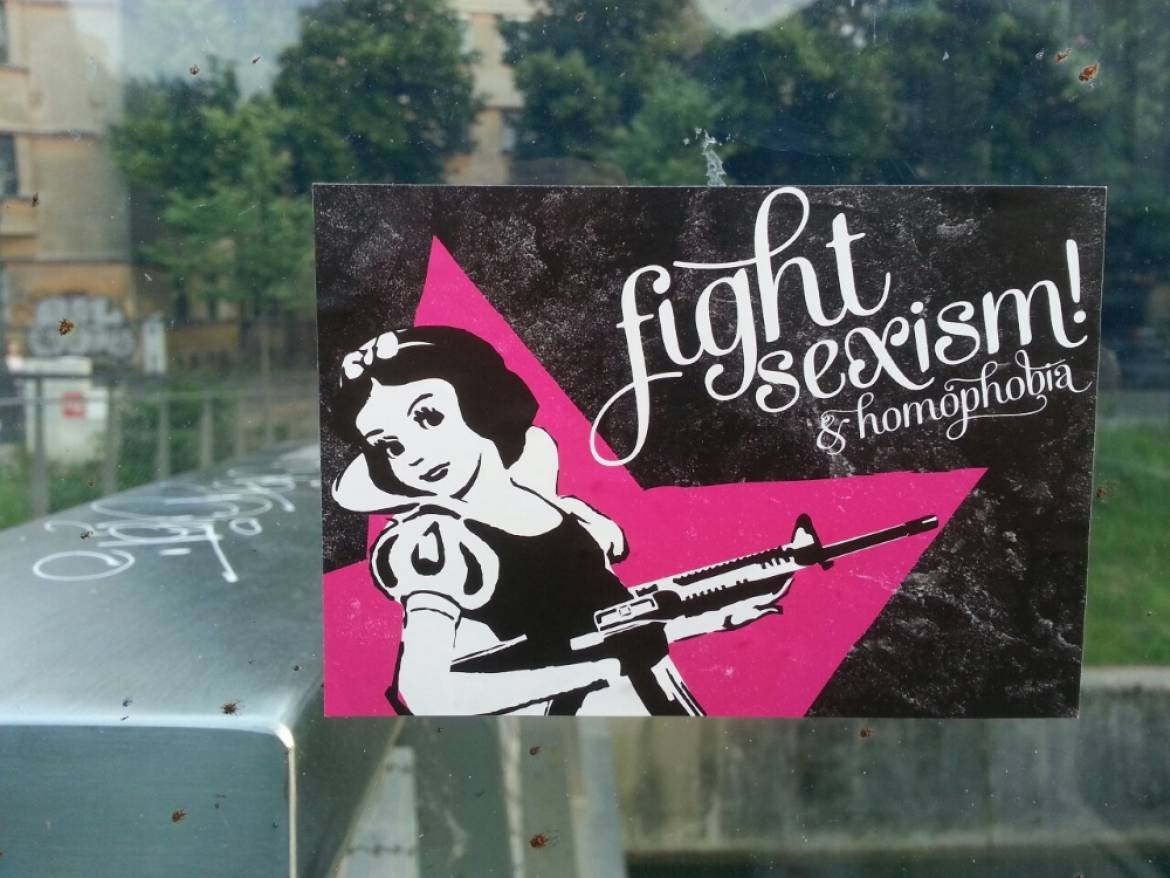SDS MP Andrej Hoivik told the press on Thursday that the SDS had asked for an emergency session of the parliamentary Culture Committee at which it will call on the ministry to produce the report to double-check the publicly accessible data on funding NGOs in culture in the last decade.
He said that more than EUR 55 million had been spent on art production, "from film production to exhibitions and various performances", in this period.
The SDS is convinced that "in a number of cases, cultural figures have abused their status, and their work has not contributed to increasing culture in the region".
Hoivik pointed to several recent art performances of "concern" to the SDS, including a 2021 installation by a group of artists entitled Breathe, in which naked people with bags on their heads stood in the window of the Fotopub gallery.
He said that "the recent developments" pointing at sexual abuse at Fotopub exhibitions showed that public funds are used to fund projects that are hardly "art with added value".
It is also extremely worrying that artists spend public funds on entertainment while not paying their subcontractors or submitting annual reports, as required by law.
Culture Minister Asta Vrečko told a Wednesday news show that the Fotopub Association of Contemporary Culture had not yet produced its 2021 report on the use of public funds.
Hoivik finds this to be unacceptable "given the information about girls, even minors, being abused at the performances organised by Smodej and about unlawful possession of illicit drugs".
The ministry told the STA on Thursday that the Fotopub Association, represented by Smodej, received EUR 57,000 in public funds as part of three calls for funding.
It got EUR 52,800 for the 2018-2021 period for the Festivalpub project and EUR 4,200 in 2015 and 2017, with the ministry finding no irregularities in the use of funds.
The association is, however, behind in submitting its 2021 report and was thus urged to do so by the end of August, the ministry explained.
Hoivik is also worried that some members of the government, or the coalition Left party, may have known about the alleged abuse of young women at Fotopub.
He pointed to "audiovisual evidence" on the internet showing that the Left's leader Luka Mesec, now labour minister, "was spotted at one of the Fotopub exhibitions".
The Left distanced themselves from Smodej and condemned any sexual violence already on Monday.
Mesec tweeted he had nothing to do with Smodej, announcing to press charges against those spreading the allegations, which appeared in several conservative media.
By Wednesday afternoon, no alleged victim reported any abuse in connection with the Fotopub scandal to police nor contacted an NGO which offered to provide them with support and financial aid to cover legal costs.
Police are continuing gathering information about alleged sexual offences, conducting interviews to try to identify possible victims, but so far there has been no positive confirmation, the General Police Department told the STA on Thursday.
Police activities are focused on verifying the authenticity of the accounts alleged victims have recently posted online anonymously.
Justice Minister Dominika Švarc Pipan issued a press statement today, condemning any form of violence and sexual violence in particular. She encourages any potential victims to report the alleged crimes to the police.
Media reports about sexual abuse by Smodej were triggered by an Instagram page called Against Violence by Dušan Smodej which contains a number of testimonies by individuals claiming to have been abused by Smodej or have witnessed abuse of or attempts to abuse young women, and instances of him giving date-rape drugs to young women.
Smodej, a 28-year-old from Novo Mesto, has meanwhile denied any abuse for the 24ur news portal and Slovenske Novice tabloid, insisting the allegations are the doing of a female acquaintance of his who has been sending him death threats and is blackmailing him for money with the online posts.





